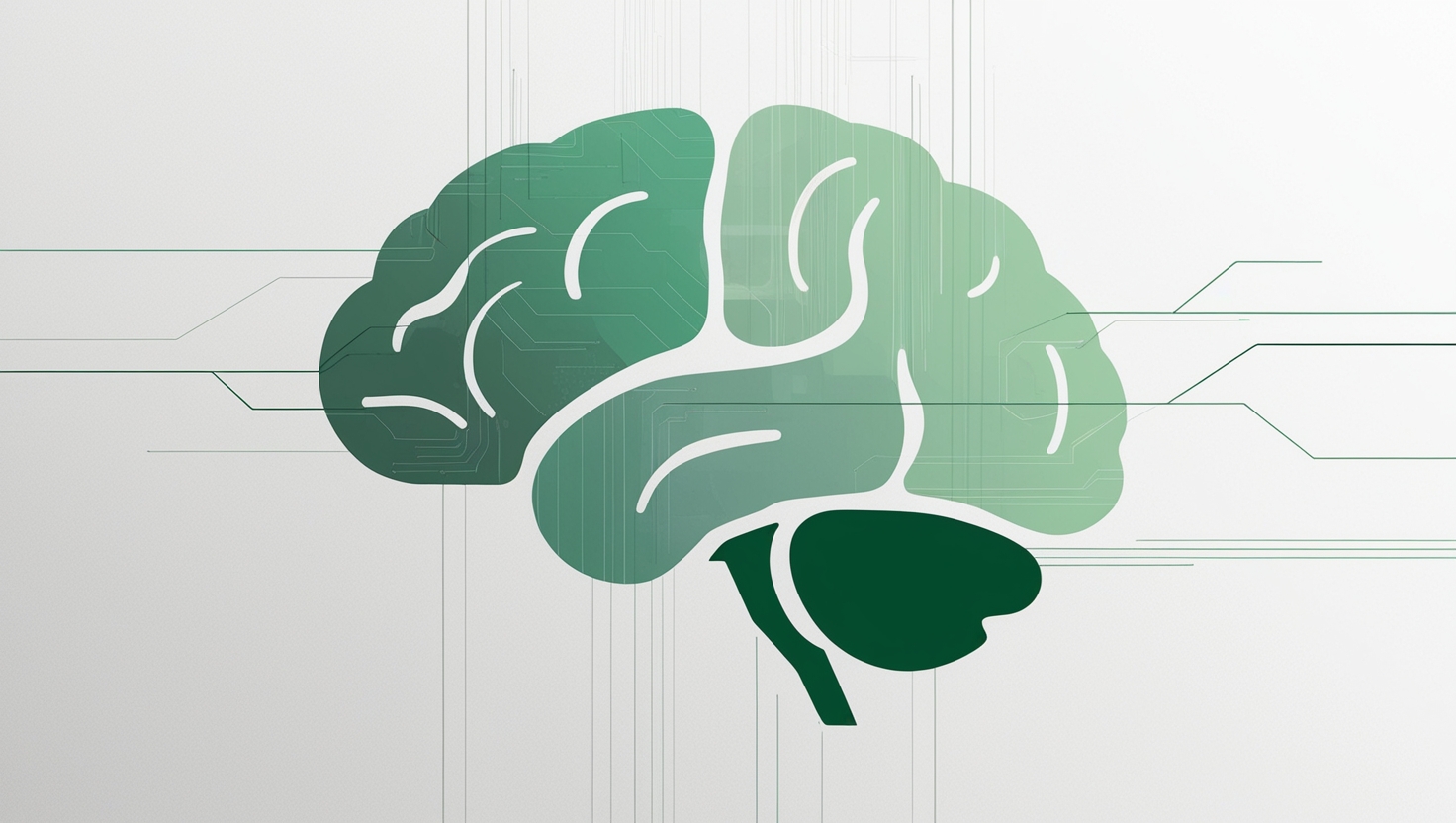Imagine waking up in a world without the internet—a world where information is not at your fingertips, where communication moves at the speed of snail mail, and where your mind roams free without constant pings or notifications. Now, take a moment to think about how different your brain might function in that world compared to today. The internet isn’t just a tool; it’s a force that’s subtly rewiring our minds. Our constant interactions with it are shaping our brains in ways we never imagined. Whether it’s sharpening our ability to multi-task or eroding our attention spans, the internet is transforming how we think, learn, and even feel. But how deep do these changes go, and what does it really mean for the future of our brains?
1. The Attention Economy and Your Shortened Focus
Remember the days when you could immerse yourself in a novel for hours without checking your phone? Probably not. The internet thrives on capturing your attention—and holding it for as long as possible. With notifications, ads, and clickable links vying for your focus, our brains are becoming conditioned to hop from one thing to the next in mere seconds. Studies show that our attention spans are shrinking, with many finding it increasingly difficult to focus on one task without interruptions. The brain is evolving to process information in bite-sized chunks rather than deep, sustained engagement.
2. Cognitive Offloading: Outsourcing Your Memory
Gone are the days of memorizing phone numbers, important dates, or even basic facts. Why store information when Google is always there to do it for you? This phenomenon, known as cognitive offloading, is changing how we use our brain’s memory systems. Instead of holding information internally, we rely on search engines and digital assistants to fill in the gaps. While this can make us more efficient in some tasks, it also means we’re not flexing our mental memory muscles as much as we once did.
3. Hyperconnected, But Emotionally Disconnected
The internet allows us to connect instantly with anyone across the globe, yet many report feeling more isolated than ever before. Platforms designed to bring people together can paradoxically make relationships more superficial. The dopamine rush of likes and comments doesn’t replace the deep emotional connections of face-to-face interactions, leaving many feeling emotionally unfulfilled despite being digitally “connected.”
4. Multitasking: Superpower or Brain Drain?
With dozens of tabs open, emails pinging in the background, and social media scrolling on the side, multitasking has become the internet’s native language. But our brains, contrary to popular belief, aren’t designed to juggle multiple tasks simultaneously. Research shows that frequent multitasking can lead to cognitive overload, making it harder to focus on deep, meaningful work. Over time, this can reduce overall productivity and lead to mental fatigue.
5. The Power of Neuroplasticity: Brain, Adaptation, and Growth
Though the internet poses challenges, it’s also driving remarkable adaptations in our brains through neuroplasticity—the ability of the brain to rewire itself based on experiences. For example, internet usage is strengthening our ability to rapidly sift through vast amounts of information and make quick decisions. Our visual and spatial processing skills improve as we navigate websites, digital maps, and virtual environments. In essence, our brains are evolving to meet the demands of the digital age, becoming more adept at processing complex digital stimuli.
6. Learning in the Digital Age
Thanks to the internet, we have unprecedented access to knowledge. Online courses, tutorials, and articles have democratized education, allowing anyone with an internet connection to learn just about anything. This constant exposure to new information can enhance cognitive flexibility, making it easier for people to switch between different types of thinking. However, the downside lies in superficial learning—when we skim information rather than deeply engage with it. This quick-hit approach to learning can sometimes limit deeper understanding and critical thinking.
Conclusion: The Internet’s Double-Edged Sword
The internet’s influence on our brains is both profound and complex. On one hand, it’s pushing the limits of our neuroplasticity, allowing us to adapt to a fast-paced, information-rich environment. On the other, it’s shortening our attention spans, fragmenting our focus, and making emotional disconnection all too common. The internet is reshaping not just how we live, but how we think. Like any tool, it has its advantages and disadvantages—it’s up to us to strike a balance between embracing the benefits and managing the risks. The brain of the future will undoubtedly look different, but whether that’s for better or worse lies in how we choose to interact with the digital world today.







